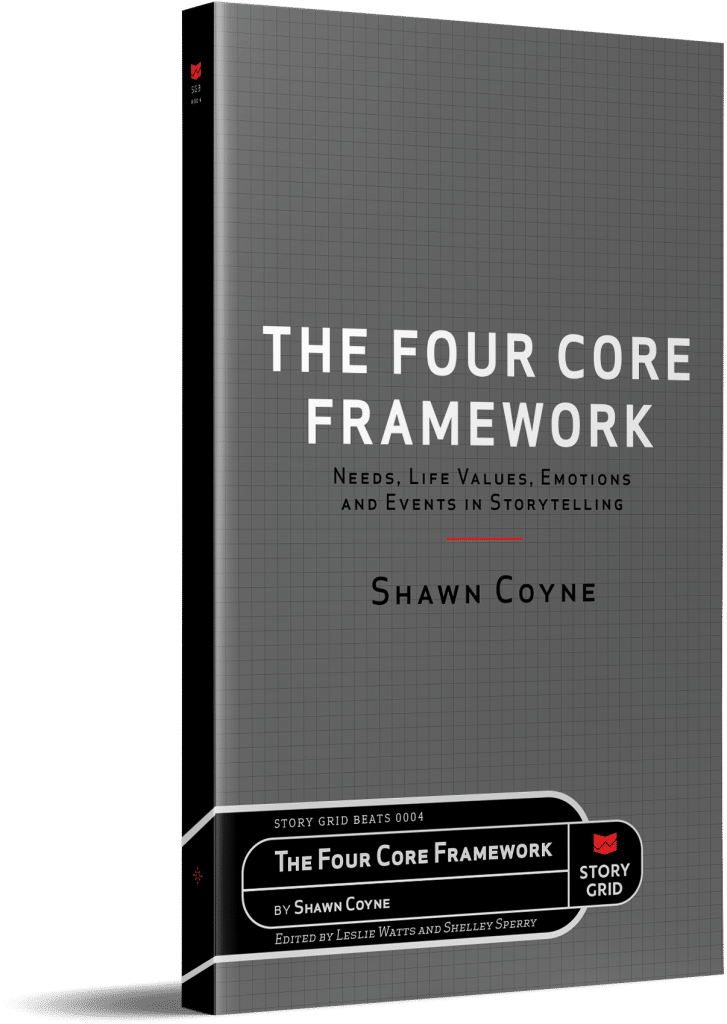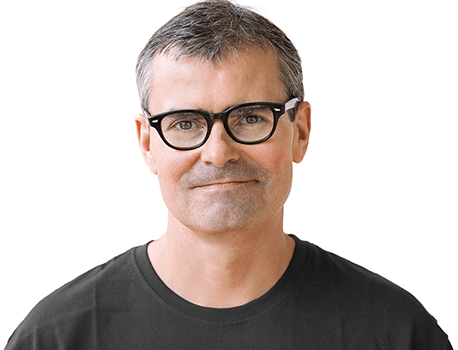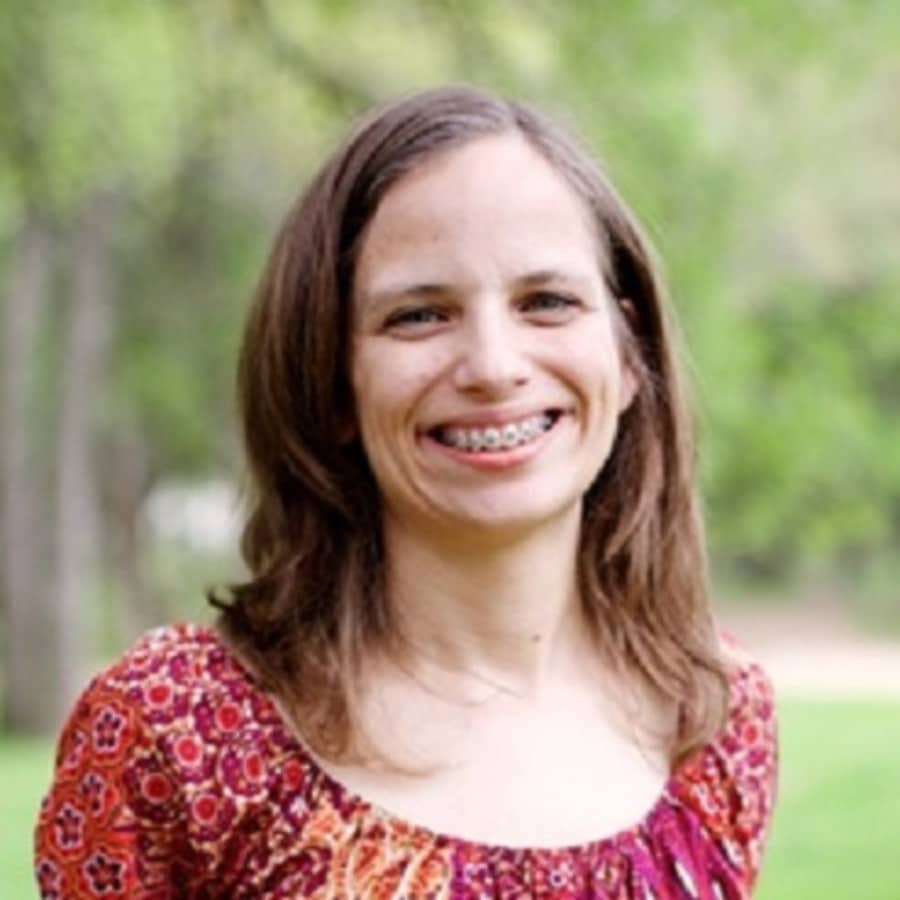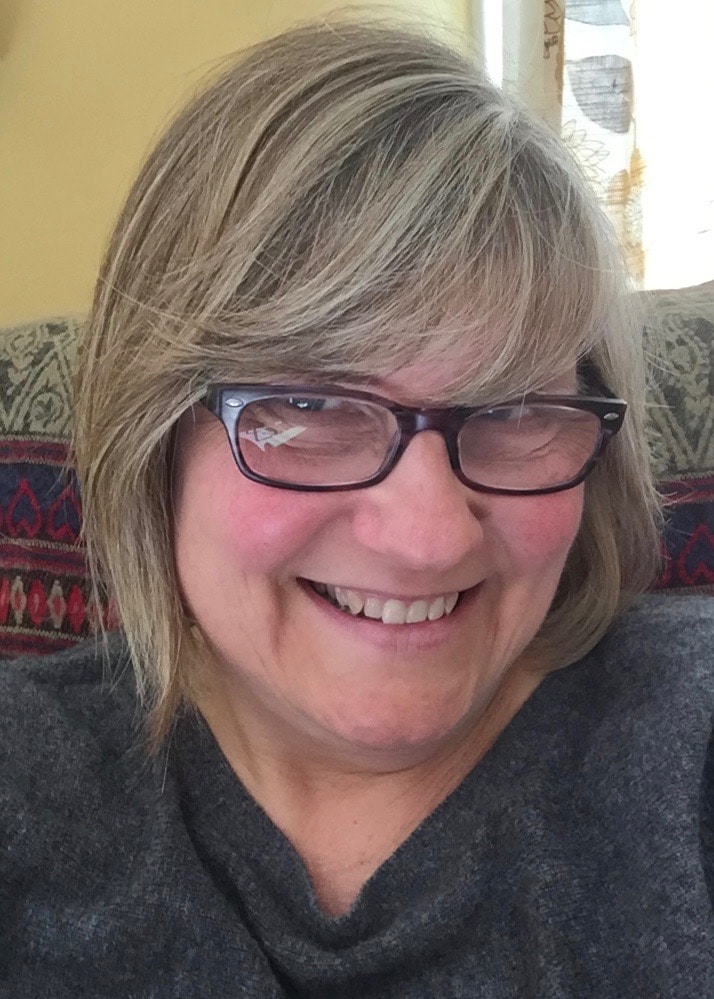The Four Core Framework: Needs, Life Values, Emotions, and Events in Storytelling
Written by Shawn CoyneEdited by Leslie Watts and Shelley Sperry
What’s at the core of every great story that leads readers to rush breathlessly to the end and then share it with all their friends?
At Story Grid, we believe great stories are built of four essential elements: Core Needs, Core Life Values, Core Emotions, and Core Events. Whether you’re writing an action adventure, a mystery, or a love story, these are the elements that spark the emotional connection and catharsis readers are looking for.
Assembled into a Four Core Framework, the right need, life value, emotion, and event become the blueprint for a story that will satisfy readers and bring them back for more.
In The Four Core Framework, Story Grid founder Shawn Coyne distills 30 years of experience in publishing into a compact guide for writers who want their novels, screenplays, and nonfiction to resonate and captivate. He dissects twelve kinds of stories and explains how to create the the ideal framework for each, including:
- A Core Need that will make your story an all-night read;
- A Core Life Value that will guide your characters’ evolution;
- A Core Emotion that will enthrall your audience; and
- A Core Event that will provide the final payoff readers are waiting for.
In The Four Core Framework, you’ll learn to keep readers turning the pages and rushing to recommend your stories.
Join Shawn to get down to the core of it all.

Purchasing Options

Shawn Coyne is a writer, editor, and publishing professional with over 30 years of experience. He has analyzed, acquired, edited, written, marketed, represented, or published 374 books with many dozens of bestsellers across all genres, and generated over $150,000,000 of revenue.
He graduated in 1986 with a degree in Biology from Harvard College, with a distinction of Magna Cum Laude for his thesis laboratory research work at the Charles A. Dana Laboratory of Toxicology at the Harvard School of Public Health. After Coyne left the laboratory, his findings were acknowledged and served as the inspiration for Mandana Sassanfar and Leona Samson’s Identification and Preliminary Characterization of an 06-Methylguanine DNA Repair Methyltransferase in the Yeast Saccharomyces cerevisiae publication in the venerable The Journal of Biological Chemistry (Vol. 265, No. 1, Issue of January 5, pp. 20-25, 1990).
In 1991, early in his publishing career, Coyne began an independent investigation into the structure, function and organization of narrative, which he has since coined Simulation Synthesis Theory. His synoptic integration of Aristotle’s Poetics, Freytag’s The Technique of the Drama, Campbell’s Hero with a Thousand Faces, McKee’s Story, among many other story structure investigations with contemporary cognitive science, quantum information theory, cybernetics, evolutionary theory, behavioral psychology, Peircean and Jamesian pragmatism, Jungian depth psychology, Theologian and Philosopher Paul Tillich's conception of "ultimate concern," and fighter pilot John Boyd’s OODA loop serves as philosophical, scientific and spiritual foundations for his teaching.
In 2015, he created Story Grid Methodology to begin teaching and further developing Simulation Synthesis Theory. Since then he has given lectures on the origin of story, the integration of storytelling and science, and the necessity of telling complex stories to thousands of students all over the world.
In addition to The Story Grid and Mentoring the Machines, he’s authored, coauthored or ghost-written numerous bestselling nonfiction and fiction titles. His most recent lecture series, “Genre Blueprint” applies his Simulation Synthesis Theory to popular works such as The Hobbit by J.R.R. Tolkien and The Matrix by Lara and Lana Wachowski.

Leslie Watts is a certified Story Grid editor, writer, and podcaster. She’s been writing for as long as she can remember: from her sixth-grade magazine about cats to writing practice while drafting opinions for an appellate court judge.
When the dust settled after her children were born, she launched Writership.com to help writers unearth the treasure in their manuscripts. She believes writers become better storytellers through practice, and that editors owe a duty of care to help writers with specific and supportive guidance to meet reader expectations and express their unique gifts in the world.

SHELLEY SPERRY is a Story Grid Certified Editor, writer, and researcher based in Alexandria, Virginia. She used to work at National Geographic, so she thinks every book is better if it has a cool map, a dramatic landscape, or a lot of penguins. As a writer and researcher, Shelley works with nonprofit and business clients on environmental, labor, and education topics. As an editor, she specializes in nonfiction, helping authors tell true stories about the world. She agrees with Barbara Kingsolver, that “revision is where fine art begins.” You can find her online at SperryEditorial.com.